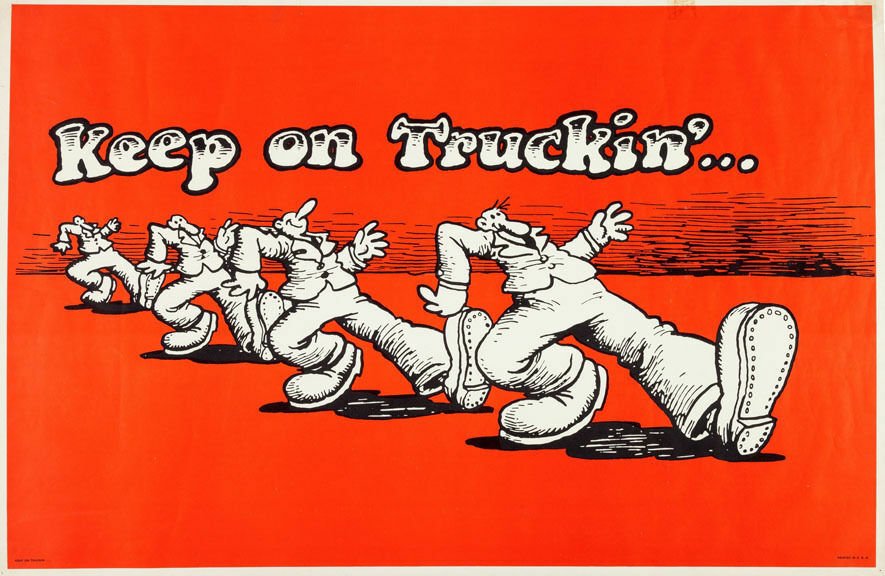

So we had a connection, and the profile took off from there. Turns out, Crumb had worked for the American Greeting Card Company, just down the street from where I lived. It was the perfect assignment, or at least I thought so, until I found it impossible to get Crumb interested in sitting down for an interview.īut then, I began talking about Cleveland, Ohio, where I'd grown up and how I'd started reading comics at an early age, falling in love with them. As it happened, I'd been a fan of Crumb's work while in graduate school, lapping up every one of his comic when they came. He was nothing short of terrific, and he commissioned me to write a profile of R. I had a great editor at the Times: Paul Goldberger. Why not? Ah, yes, as I soon discovered, the folly of youth divine, of Controlled Folly, as Kesey once told me up in his farm in Oregon when I arrived there to do a profile of him for the New York Times Magazine. I even taught a course at Berkeley in the New Journalism, as Wolfe called it, with a syllabus that included Truman Capote's In Cold Blood, as well as the writings of Wolfe, Mailer and others.įor a while, I emulated Wolfe and wore a white-flannel suit, thinking that clothes make the man. I steeped myself in their work in Harper's, The New Yorker and New York magazine, doing the best I could to learn from their different writing styles and narrative techniques.

My journalistic models were varied and rich, all good, all extraordinary: Norman Mailer, Tom Wolfe and John McPhee. Good luck, young man! Write when you get work! I had planned to get my Ph.D in comparative literature and teach, but my dreams of striking out on my own as a writer overwhelmed and scuttled those plans, setting me loose in the world at large. New books are coming out from a slew of authors almost daily: it's hard to keep up.īack then, I cut my teeth early on as a freelance journalist, writing magazine articles, reviews, profiles and reportage after dropping out of graduate school in Berkeley.

Somehow, the history of the sixties has returned with a powerful vengeance, as if taking us to task for the things we've failed to change, for failing to live up to promises made - and then broken.


 0 kommentar(er)
0 kommentar(er)
